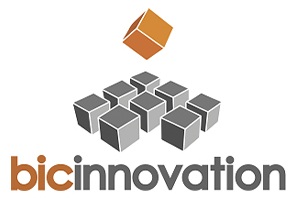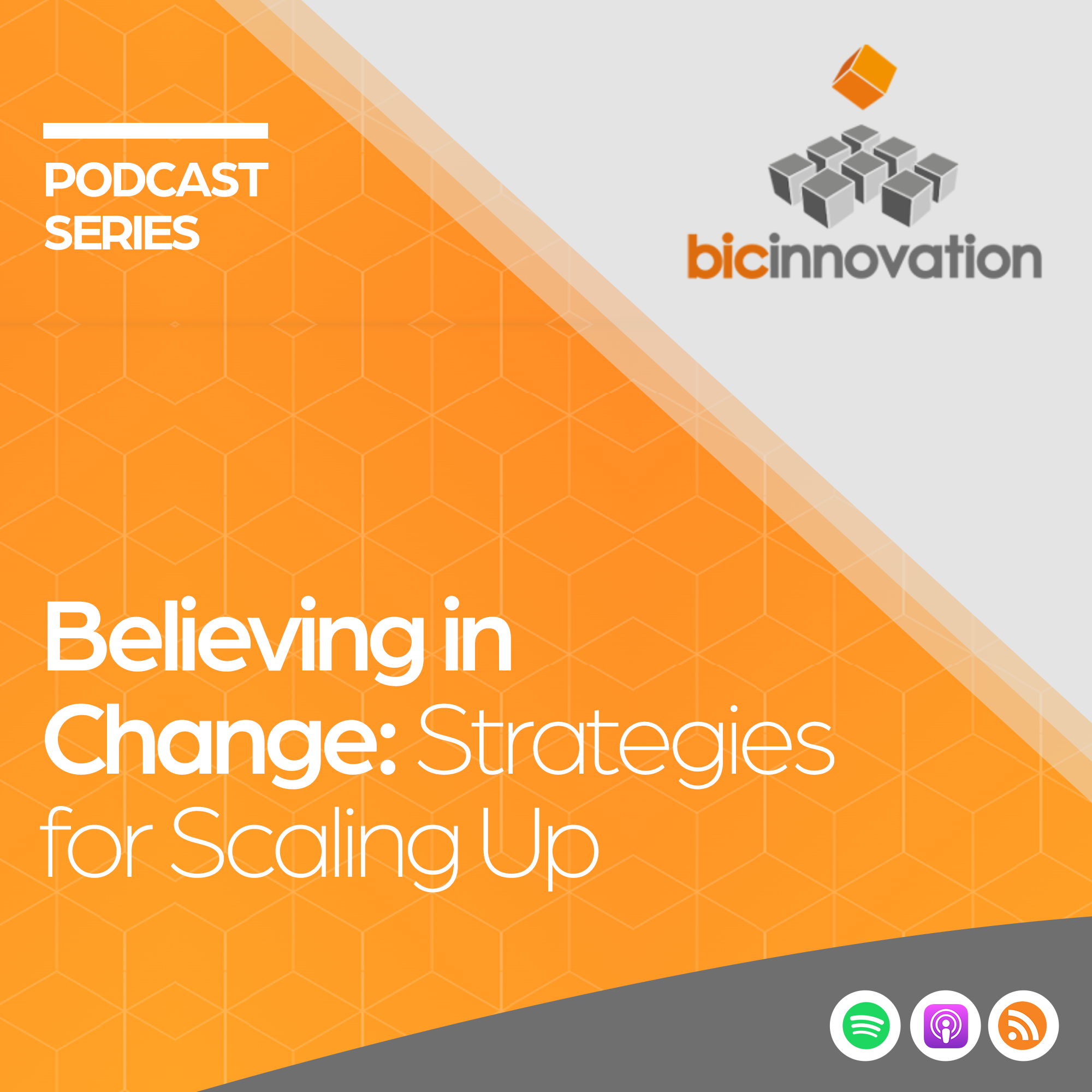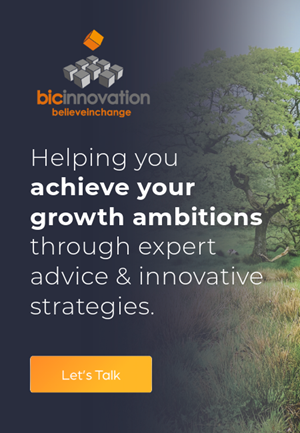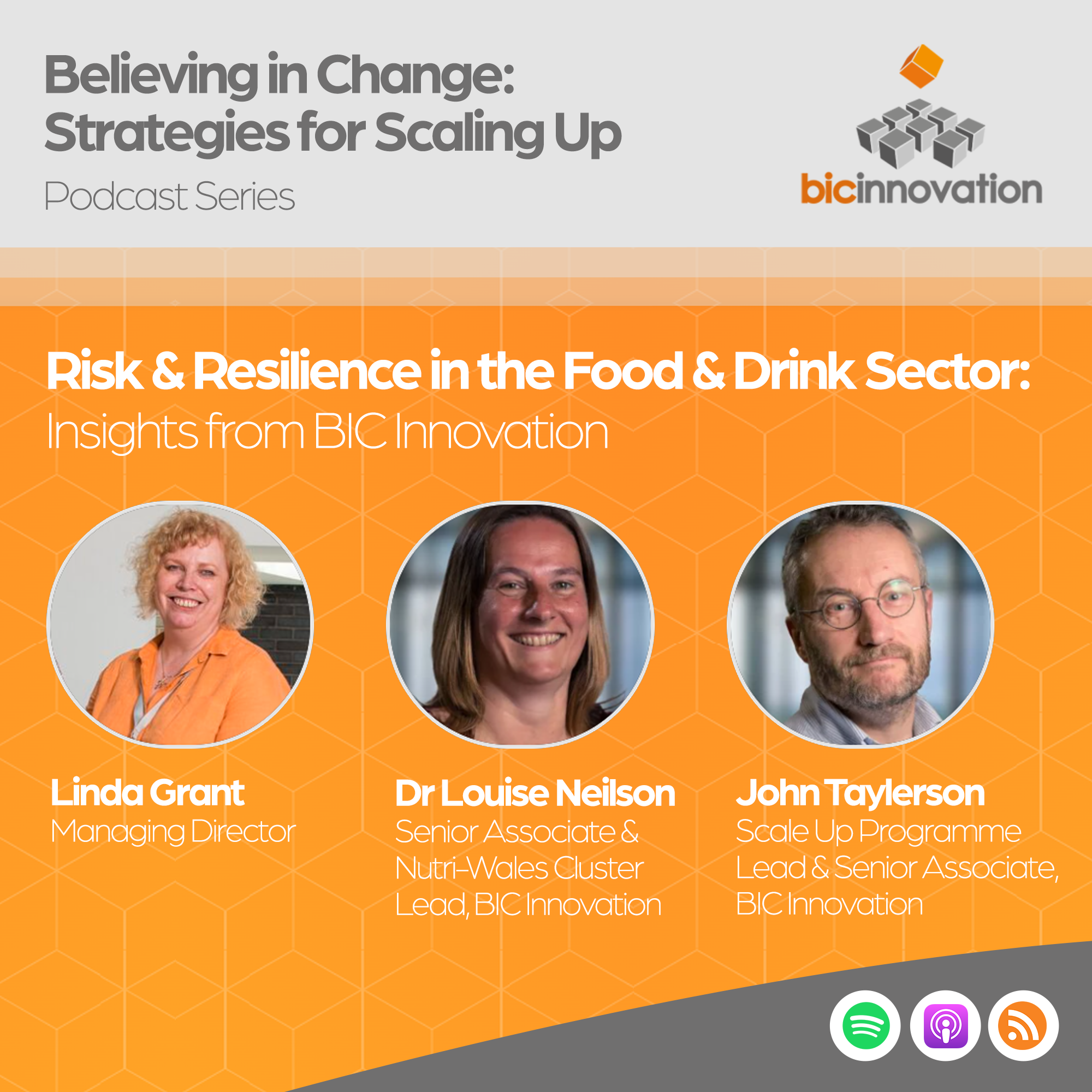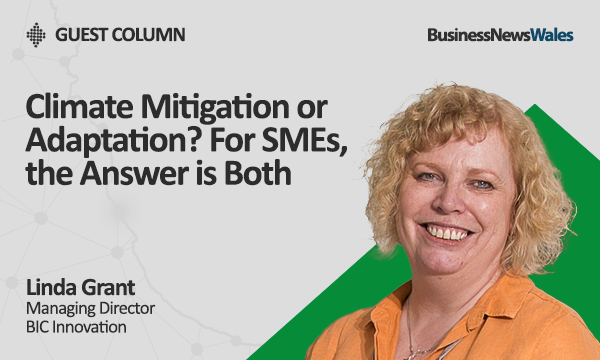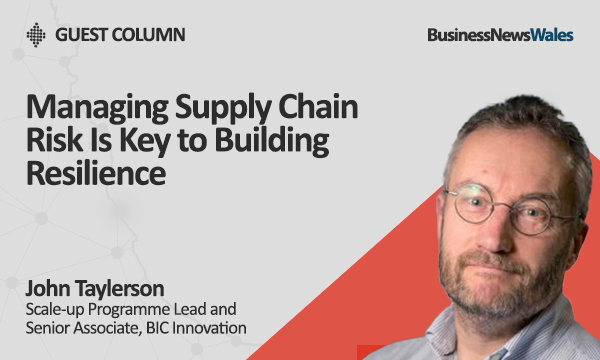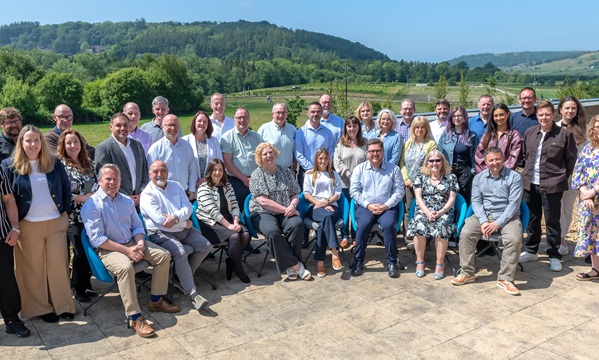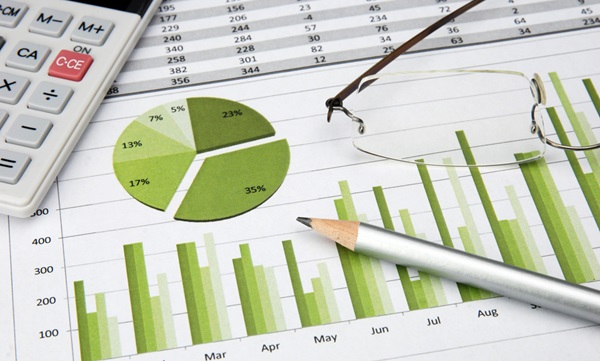Food and drink manufacturers are being urged to take a broader view of sustainability, recognising that environmental goals must sit alongside financial resilience if the sector is to remain viable.
While carbon reduction and net zero targets remain a major focus, industry support specialists argue that long-term business viability depends just as much on financial clarity and prioritisation.
Linda Grant, Managing Director at BIC Innovation, said:
“We also think about sustainability in terms of financial sustainability. If you’re not financially sustainable, you will not be able to raise the funding you need to implement environmental measures.”
Linda said BIC Innovation begins by helping businesses understand their numbers, building a clear picture of cost bases and margins before supporting carbon planning.
“Let us unpick all your numbers to make sure that you are making the margins that you need to be making,” she said. “That becomes the overall model where you're looking at financial sustainability alongside environmental sustainability. They go very much hand in hand.”
The reality for many manufacturers is that sustainability measures come with a cost – whether that’s investment in new equipment, changing ingredients, or reworking packaging. But with careful planning, businesses can still make progress without undermining their profitability.
“You can’t do everything all at once,” said Linda. “So you need to be able to prioritise. If you’re a small business, it’s very hard for you to influence your biggest customer, for example, but you may be able to control where you’re buying your electricity from.”
The approach, she said, is about being practical and focused.
“It goes back to looking at what you can control and influence,” said Linda. “Then we can help businesses to prioritise those actions that will improve their sustainability, reduce their carbon footprint, or maybe innovate into some of product areas.”
Dr Louise Neilson, Nutri-Wales Cluster Lead at BIC Innovation, pointed to the wider policy environment shaping sustainability decisions. She noted that meeting Wales’ net zero objectives by 2030 requires businesses to consider not just environmental compliance but also local supply, production methods and consumer health.
“There’s also the economic consideration,” Louise said. “Sustainability solutions often carry an additional cost, so we work with companies to understand how to address those challenges and how to bridge the gap.”
Linda agreed that decisions around sustainability are rarely clear-cut.
“It’s not an either-or,” she said. “They need to be looked at together. But the starting point is understanding the financials of that business.”
Linda and Louise discuss this and more in the BIC Innovation podcast episode Risk and Resilience in the Food & Drink Sector – Insights from BIC Innovation . Listen to the podcast here

